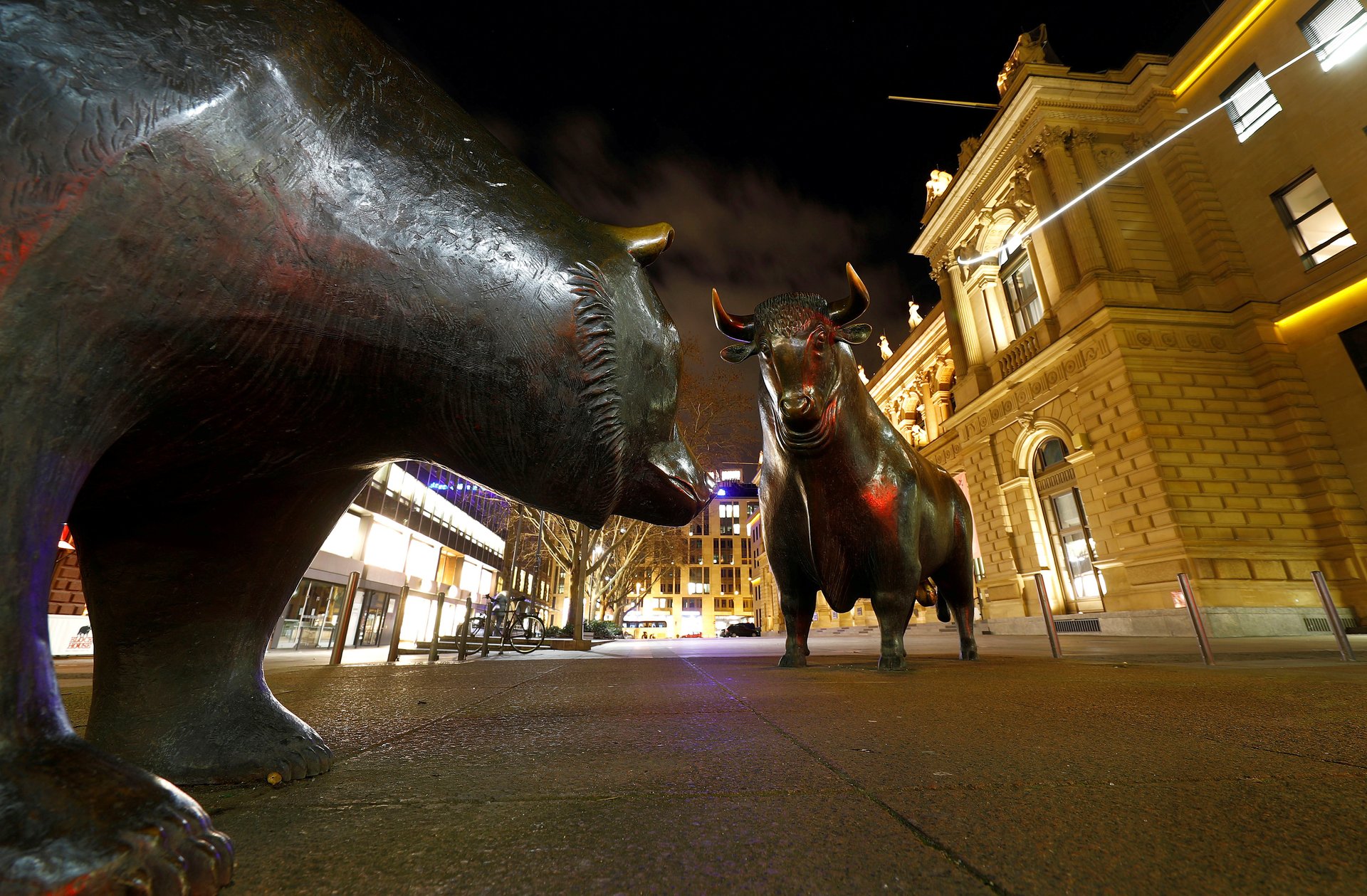Is the SPAC craze finally cooling off?
SPACs have so dominated Wall Street thinking this year that they are now the stuff of memes and ironic t-shirts.


SPACs have so dominated Wall Street thinking this year that they are now the stuff of memes and ironic t-shirts.
Thanks to their burst in popularity with celebrity and retail investors alike, more than half of companies that went public last year happened through a SPAC. But the promise of these unconventional investment vehicles—of bigger, more efficient returns on a shorter timeline than traditional IPOs—may be starting to fall short.
Also termed blank-check companies, SPACs are shell companies that take private firms public by raising money on an exchange and then merging with or acquiring them to take their place on the exchange. It’s a back door for private firms to go public without bothering with the tedious IPO or direct listing process. Recent data on the trajectory of SPAC acquisitions show a strong run-up in the number and size of those deals last year, followed by a steep one-month drop-off in March. The number of deals fell more than 50% between February and March, while the value of those deals fell by more than 30%, according to data from financial market data firm Refinitiv.
The one-month dip in SPAC acquisitions could either be a temporary retreat, or speak to greater challenges for future SPACs. While the merger mania around SPACs tempered in March, the money raised from SPACs going public held steady over the same period.
One additional troubling sign for SPACs was the dwindling pop in their share prices after going public. Following a historic run-up earlier this year, shares of new special-purpose acquisition companies hovered around their initial public offering price in March.
Rising government-bond yields and a recovering economy may be drawing some investors away from SPACs, which were more attractive during the height of the pandemic, when the economic outlook was dour and interest rates hit rock bottom. Since then, the deluge of capital flowing into shell companies, without knowing which firm they will target or the terms of the deal, has raised concerns about a SPAC bubble.
If investors start to sour on those riskier terms, the more than 400 SPACs hunting for private companies to take public may go bust before spotting a good deal. SPAC investors typically have two-year deadlines to secure a deal before they get their money back.